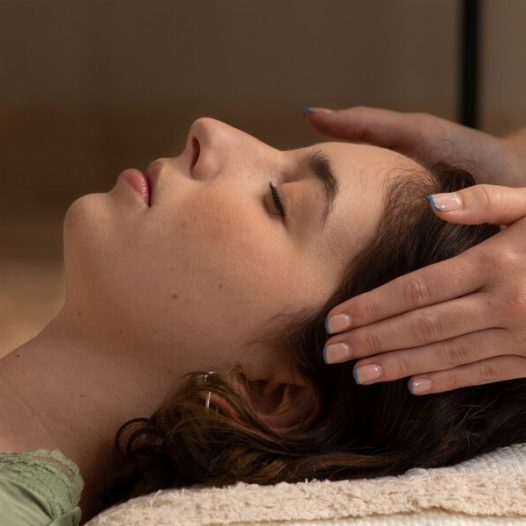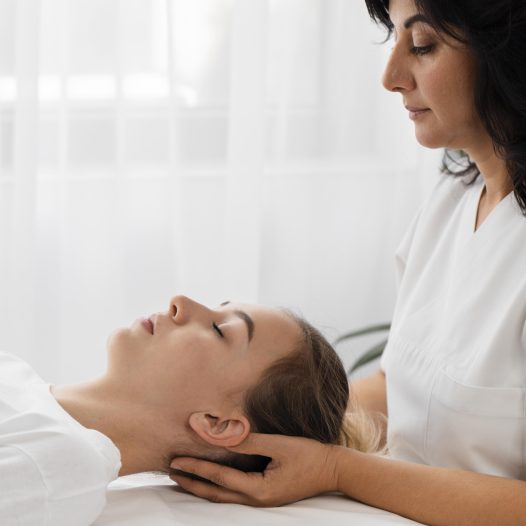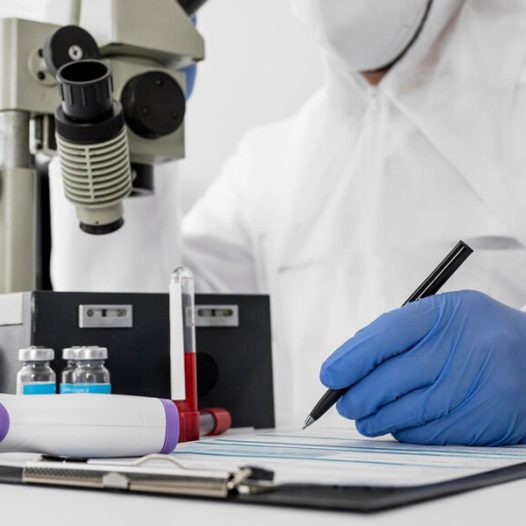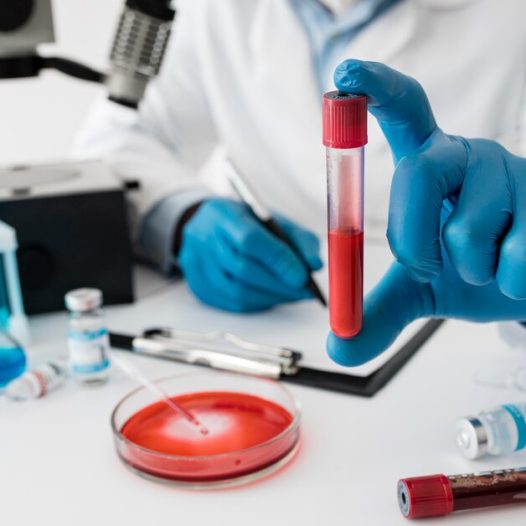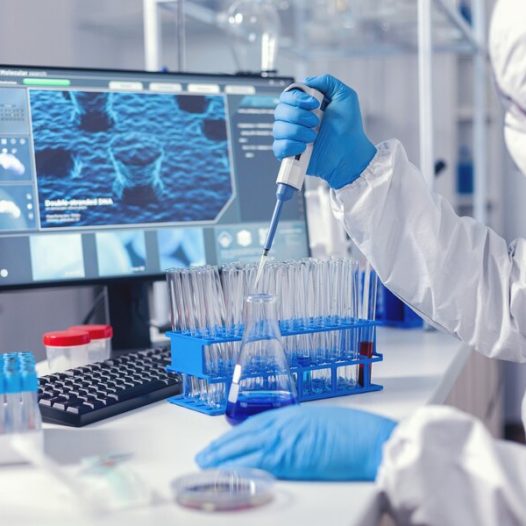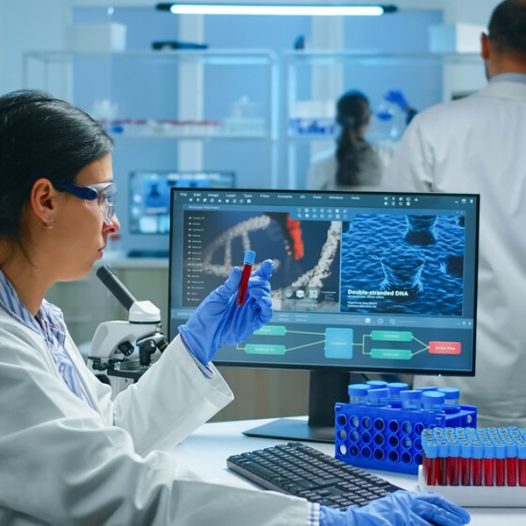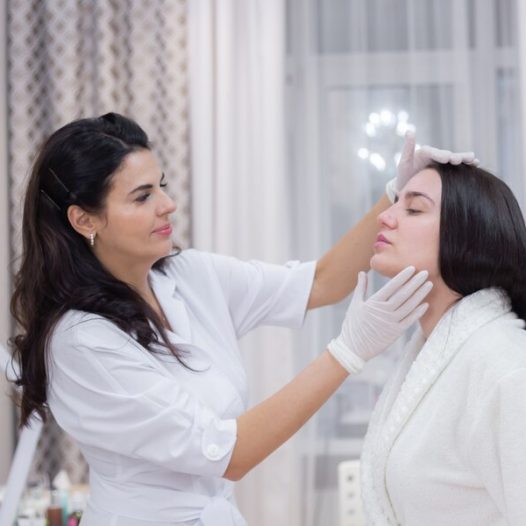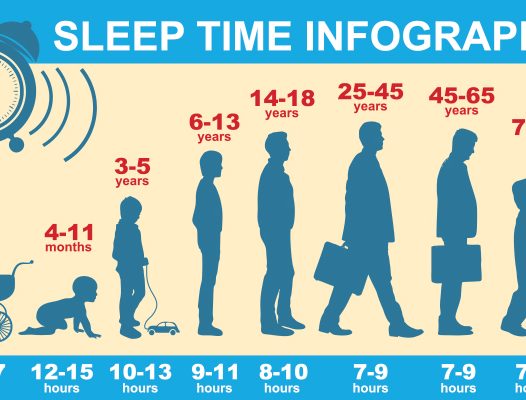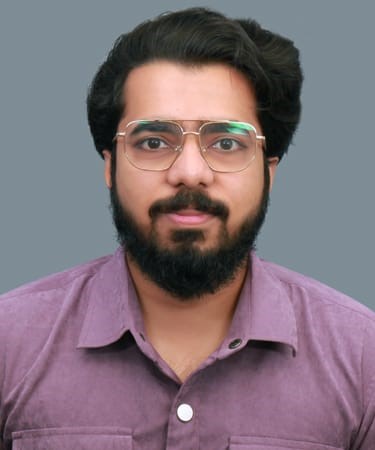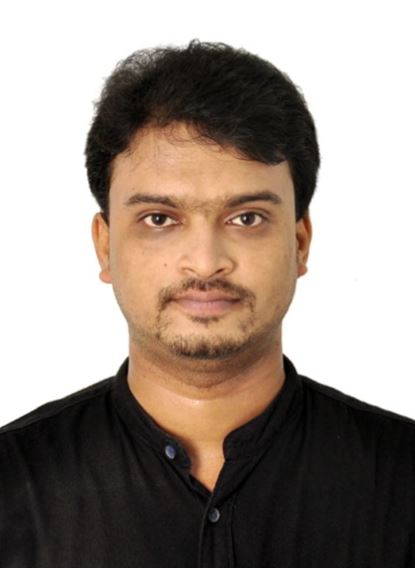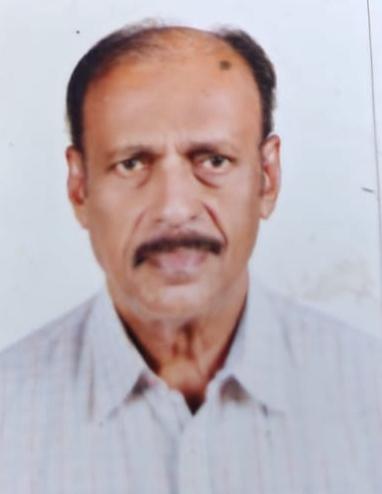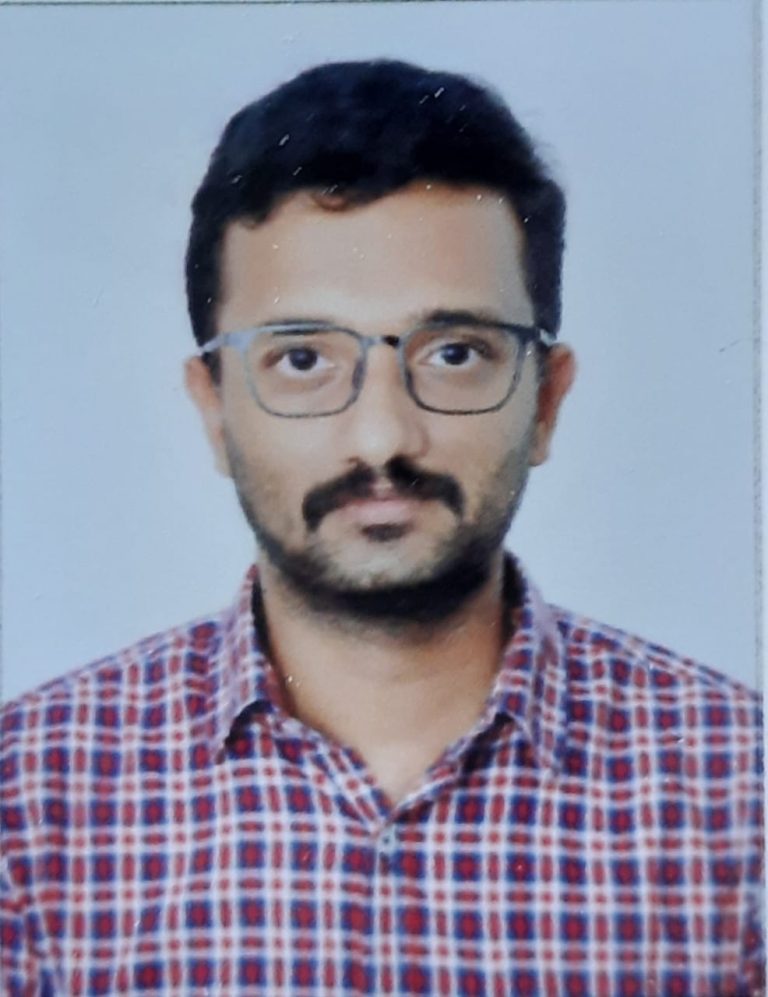Ayurveda, an ancient holistic healing system originating in India over 5,000 years ago, emphasizes the balance between mind, body and spirit. Derived from the Sanskrit words “Ayur” (life) and “Veda” (science or knowledge),Ayurveda is often referred to as “the science of life”. It focuses on promoting health and wellness through natural methods, such as herbal remedies, dietary guidelines, lifestyle practices, and various therapeutic techniques like yoga, meditation and Panchakarma (detoxification and rejuvenation).
Ayurveda categorizes individuals based on three primary doshas – Vata,Pitta and kapha – which represent unique blends of the five elements (earth, water, fire, air and ether). Personalized treatment plans in Ayurveda are designed to balance these doshas, thereby preventing illness and maintaining overall well-being.
The principles of Ayurveda extend beyond physical health, offering insights into achieving emotional and spiritual harmony. As an alternative and complementary medicine system, it is widely practiced globally for its natural approach to achieving holistic health and wellness.






Our Ayurvedic Doctor
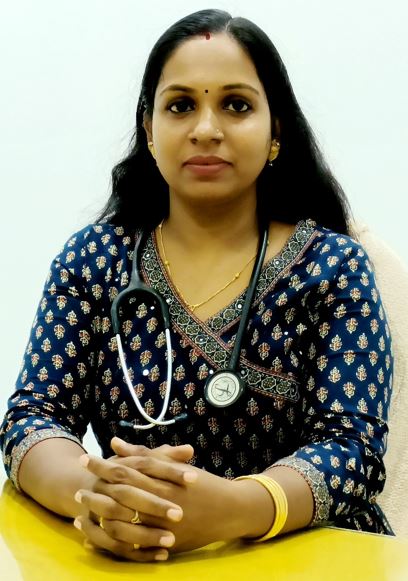
Dr. Neethu ManuMohan (BAMS)
Dr. Neethu Manumohan is a dedicated Ayurveda Practitioner with a degree from Alvas Ayurvedic Medical College, Karnataka, completed in 2015. With 8 years of experience in both hospital settings and private practice, she specializes in providing holistic care through traditional Ayurvedic methods. Dr. Neethu is passionate about promoting natural healing and wellness, focusing on personalized treatment plans that address the root causes of health issues. She is committed to helping patients acheive balance and well-being through the ancient science of Ayurveda.
Doctor on Duty :
Monday – Saturday
10.00 am – 1.00 pm






Panchakarma is a cornerstone of Ayurvedic medicine, designed as a comprehensive detoxification and rejuvenation process. The term “Panchakarma” translates to “five actions” or “five therapies” and it involves a series of therapeutic procedures aimed at cleansing the body of toxins (ama) and restoring balance to the doshas.
The five key treatments in Panchakarma are:
1. Vamana ( Therapeutic Emesis) : Induces controlled vomiting to expel excess kapha disha and toxins from the stomach and upper respiratory tract.
2. Virechana (Purgation Therapy) : utilizes medicinal herbs to induce controlled purging, removing excess pitta dosha and toxins from the digestive tract.
3. Basti (Enema Therapy): Administers herbal oils or decotions through the rectum to cleanse and nourish the colon, balancing vata dosha and removing toxins from the lower digestive tract.
4. Nasya (Nasal Administration) : Involves the administration of herbal oils or powders through the nasal passages to clear the sinuses, improve mental clarity and balance kapha dosha.
5. Raktamokshana (Bloodletting) : A therapeutic practice to remove impure blood and toxins from the body,typically used for conditions related to excessive pitta or chronic ailments.
Panchakarma is often preceded by preparatory treatments, such as Snehana (oil massage) and Swedana (stem therapy) to prepare the body for the detoxification process. After the main therapeis, a period of Rasayana (rejuvenation) helps in restoring strength and vitality.
The overall goal of Panchakarma is to balance the doshas, rejuvenate tissues, enhance digestion, and promote overall health and well-being. It is customized based on individual needs and imbalances, making it a personalized approach to detoxification and wellness.



